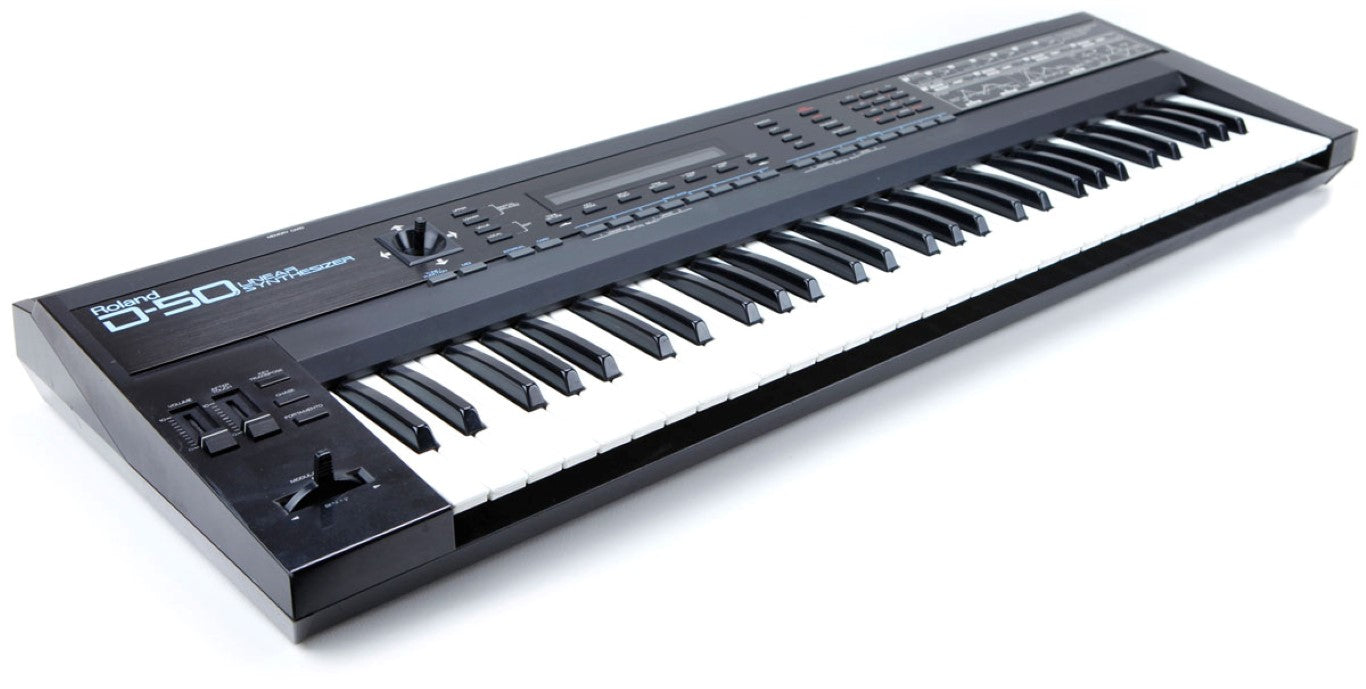Unless you’ve been hiding under a rock, in which case, congratulations on your superior mental health, you’ve undoubtedly been made aware of this not new little way of taxation called tariffs that are having quite the renaissance. The term has become so ubiquitous that we considered making a drinking game of it, until we realized we should hoard any imported alcohol because it’s all about to become very expensive, and we would likely die.
Some basics; tariffs are an import tax that importers pay depending on the rate determined by the type of product and where it came from. It’s usually buried in a product’s cost, so it’s not a line item like your sales tax (although that may be changing), but you pay it. Unless something is 100% domestically produced, along with all the machinery that made it, which is pretty much nothing, you pay it. The exporting country does not pay it, the customer pays it. Even if something is 100% domestically produced and competes with an imported product at a certain price point, if the import has to go up to pay the tariff, there's no competitive reason to keep the domestic product price low--the price floor is effectively raised. Put another way, if two products are competing at the $100 price point and one has to go up to $125 to pay a tariff, the other product could charge $120, still beat it on price, and get a lot more margin. Everything gets more expensive.
The musical instrument industry, De-Fi included, is generally made up of small businesses. The “big” companies in our industry, like Universal Audio for example, have revenue that would be a rounding error for Apple. We’re in this industry because we like it, if we wanted to get rich, we’d be doing something else. Also due to our relative size as an industry, none of the companies in this space are large enough to develop and make their own chips and processors, so they’re beholden to global supply chains regardless of where final assembly takes place. No one is exempt from this global reality. Even domestic guitar manufacturers have massive exposure to tariffs because wood is sourced globally. Unless customers are willing to spend a lot more money for gear, these tariffs represent an existential threat to our industry as well as a lot of American jobs, and because we’re much smaller than big tech, we do not have the lobbying power to carve out exemptions.
De-Fi specifically manufactures products in both the United States and Asia. While it's obvious there will be price pressure on imported products, even our domestically manufactured products will go up in price, because not all of the inputs, or parts for these products, as well as machinery to make them, are from here. For example, the company Makor has a near monopoly on quality industrial finishing equipment. They’re an Italian company, so the price of nearly every finished wood product made in the USA, even if all the wood came from the USA (which isn’t likely), will go up, or quality will go down, because the machinery to make it and cost to maintain will go up, and there aren’t enough folks willing and able to hand finish to the required scale these machines allow. This is just one example that is not unique. Ironically, tariffs make domestic manufacturing much more difficult, and lets policy makers determine winners and losers, with the losers usually being small businesses and consumers because we cannot afford to buy a seat at the table.
None of this is taking into account the broader implications of a slowing economy, because products from our industry are some of the first to come off the shopping list when folks are feeling financially squeezed.
We will do our best to absorb as much cost as we can, but we still need to pay our bills, and one of those bills will be a gigantic added tax. We have not dramatically raised prices on our current inventory, in fact, we’re running a sale because we’re crazy people who want to show good will to our customers, and that we’re not profiteering. We’re musicians too, and understand this is not a cheap passion. That said, unless something changes, price increases with shortages are inevitable, probably industry wide, and soon. The volatility and change of policy has also made it nearly impossible to try and make decisions to mitigate these new taxes, because no one is willing to invest to change their supply chains to then have the new direction upended by a tweet. If you want gear, now is the time to get it from inventory that's already here.
This is an uncertain time that we hope our industry can survive. It’s survived the first round of tariffs, Covid, supply chain shock from the Russian invasion of Ukraine, and now this. We’ve survived because we have passionate users, and we thank all of you for sticking around.
If you’d like to join the chorus and try and help save our industry, the National Retail Federation has a resources page here. If you’d like to contact your representatives in congress, please click here. Remember, these trade policies and tariffs are optional as well as counterproductive to the goal of increasing broad quality domestic manufacturing, and congress could stop this quickly if they were willing.



